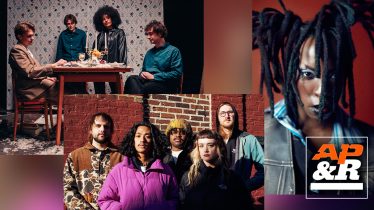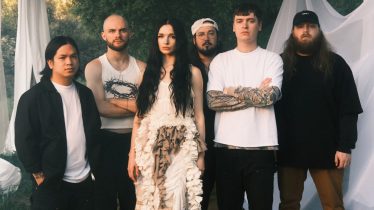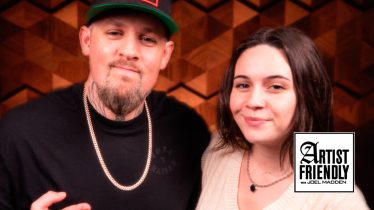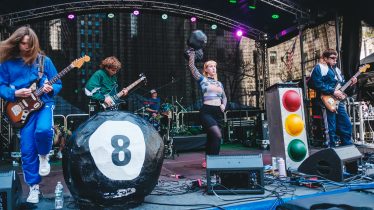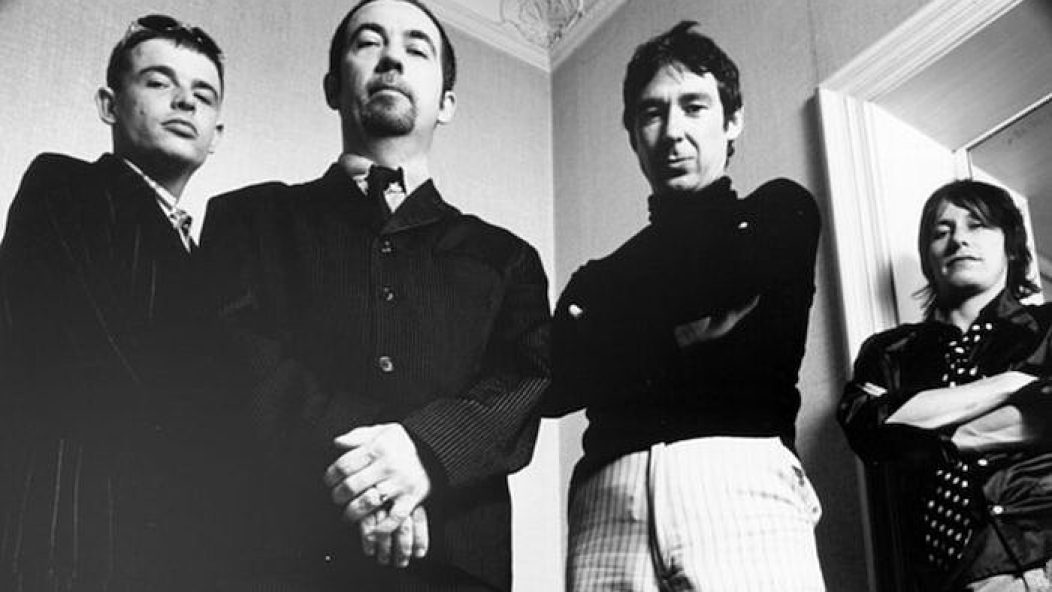
Buzzcocks frontman/pop-punk architect Pete Shelley dies at 63
Peter Shelley, co-founder of the Buzzcocks, the British punk band who were practically the architects for the entire genre of pop punk, passed away at his home in Estonia. He was 63.
Earlier this afternoon, Shelley’s brother, Gary John McNeish, posted to Facebook, “This is the hardest thing I have ever had to do, is tell you my brother Pete Shelley had a heart attack this morning and passed away.”
Read more: Riot Fest 2017 day 1 coverage: Interviews with Nothing More, Vic Mensa, Buzzcocks and more
The band also spoke of his passing on Twitter, stating:
“It’s with great sadness that we confirm the death of Pete Shelley, one of the UK’s most influential and prolific songwriters and co-founder of the seminal original punk band Buzzcocks.
“Pete’s music has inspired generations of musicians over a career that spanned five decades and with his band and as a solo artist, he was held in the highest regard by the music industry and by his fans around the world. A more detailed statement will follow.”
Pete’s music has inspired generations of musicians over a career that spanned five decades and with his band and as a solo artist, he was held in the highest regard by the music industry and by his fans around the world.
A more detailed statement will follow.
— Buzzcocks (@Buzzcocks) December 6, 2018
Long before Warped Tour, blink-182, Green Day and whomever are residing in your phone, the Buzzcocks were ripping up the U.K.’s punk scene with not only unbridled energy, but killer hooks and melodies that were practically year-one for the whole pop-punk genre.
As a member of the Buzzcocks, Shelley—alongside co-guitarist Steve Diggle, bassist Steve Garvey and drummer John Maher—released three albums (Another Music In A Different Kitchen, Love Bites and A Different Kind Of Tension) in the late ’70s which pretty much drafted the blueprint for modern pop punk.
The band originally started with frontman Howard Devoto in the lead singer slot for the infamous 1977 EP Spiral Scratch. When Devoto quit to join the band Magazine, Diggle was enlisted, and Shelley moved to the vocalist position.
During their late-’70s tenure on the United Artists label, the Buzzcocks crafted one perfect pop-punk track after another. They were masters of fractured love songs that were everything from cautionary (“Ever Fallen In Love (With Someone You Shouldn’t’ve)”) to awesomely creepy (“Orgasm Addict”). While the band had energy to spare, the tunefulness of the songs caught the ears of fans of the then-nascent new-wave scene.
When the band broke up in 1981, Shelley became a solo artist and continued to have college-rock radio hits with electronic-tinged tracks as “Homosapien,” “I Just Wanna Touch” and “Telephone Operator.” While massive commercial success eluded him in America, Shelley was able to achieve pop-chart status and underground cred. He was involved with a series of experimental albums from the early ’80s which were far and away from the Buzzcocks’ pogo-inducing reputation.
The band’s first reunion was in 1989 with the lineup of Shelley, Diggle, Garvey and Maher, proving that the 10 years apart did nothing to slow their ability to bring the rock. In the time since, Shelley and Diggle kept the band an active concern with different rhythm sections, recording six records between 1993 and 2014. Shelley also reunited with Devoto for a collaborative release, Buzzkunst, in 2002.
In hindsight, Shelley was very much a punk-rock renaissance man. He was a sonic spark on the U.K. punk scene: When he found the genre too limiting, he took refuge in both the avant-garde and dance club music quarters. Socially and culturally, he was one of the first punk personalities to openly discuss his bisexuality at a time where such pronouncements could affect a career.
Unlike many acts with similar beginnings, the Buzzcocks carried on making great records and sharing stages with contemporary acts. Whether he was supporting ’90s alt-rock staples (Nirvana, Pearl Jam) and still getting must-see notices on stages from Warped Tour (summer of 2006) to the 2017 Riot Fest stage, Shelley was still bringing joy, sweat and harmonies for your head, feet and heart. The man may be gone, but his place in punk history will continuously resonate and evolve.
“It’s good that people like what we do,” Shelley told AP in July 2008. “It’s an unexpected side effect because when we started out, we thought no one would like what we did at all. It was the most uncommercial form of music we were attempting to do.”
When younger fans approached him to say their parents were big fans of the Buzzcocks, Shelley would say “I congratulate them on a fine choice of parents.”
We extend our deepest condolences to Pete Shelley’s family and friends at this time.
